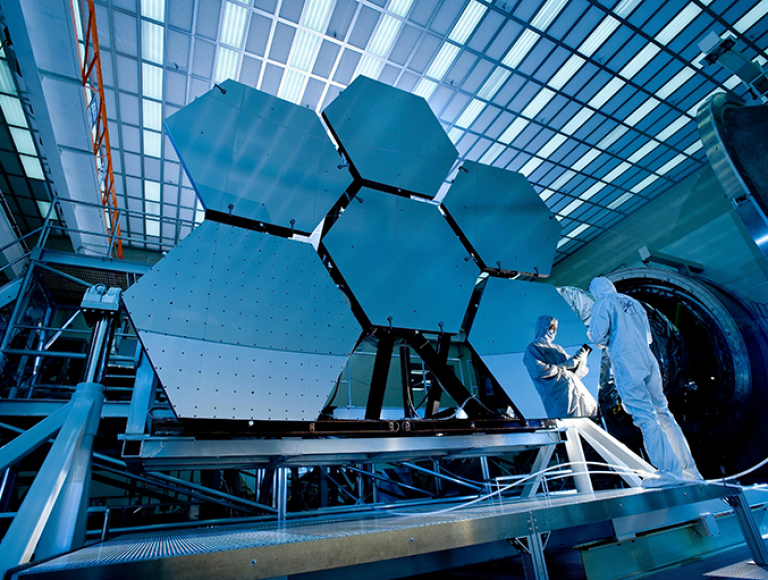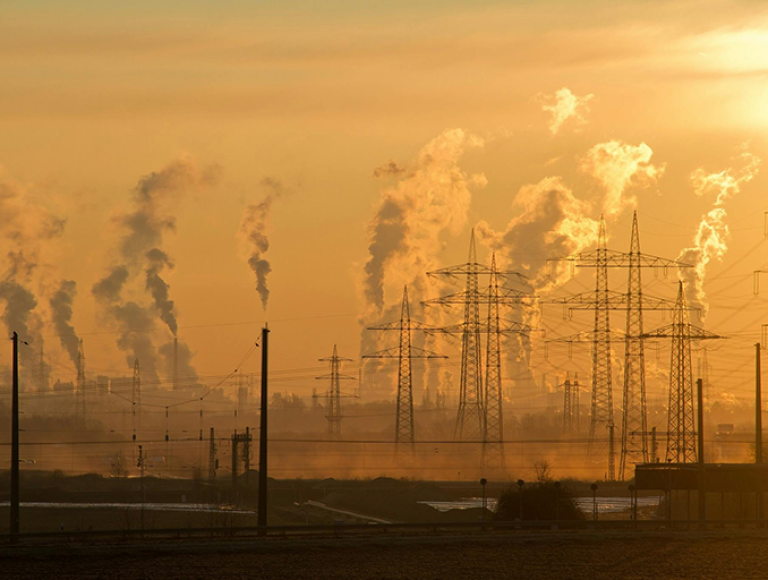Artificial Intelligence (AI) has the potential to address many global challenges by leveraging its capabilities in various domains. Here are some key areas where AI is making significant contributions:
Healthcare:
- Diagnosis and Treatment: AI algorithms can analyze medical images, predict disease outbreaks, and personalize treatment plans. For example, AI-powered tools can detect cancers at early stages with higher accuracy than traditional methods.
- Drug Discovery: AI accelerates drug discovery by predicting the effectiveness of new drugs, optimizing the design of clinical trials, and identifying new drug candidates.
Climate Change and Environmental Protection:
- Climate Modeling: AI enhances climate models, providing more accurate predictions of climate change impacts and helping to develop mitigation strategies.
- Resource Management: AI optimizes the use of resources such as water and energy, reducing waste and improving sustainability. It can also monitor deforestation, wildlife populations, and pollution levels through satellite imagery and sensor data.
Agriculture and Food Security:
- Precision Farming: AI-driven tools assist farmers in optimizing crop yields by analyzing soil health, weather patterns, and crop conditions. This leads to more efficient use of inputs like water and fertilizers.
- Supply Chain Optimization: AI helps streamline the food supply chain, reducing waste and ensuring that food reaches those in need more effectively.
Education:
- Personalized Learning: AI tailors educational content to individual learning styles and paces, making education more accessible and effective.
- Access to Education: AI-powered platforms can provide quality education to remote and underserved areas, bridging educational gaps.
Economic Development:
- Financial Services: AI improves financial inclusion by providing credit scores to those without traditional banking histories and detecting fraud in real-time.
- Job Creation: While there are concerns about AI displacing jobs, it also creates new opportunities in fields like AI development, data analysis, and cybersecurity.
Public Safety and Disaster Response:
- Disaster Prediction and Response: AI predicts natural disasters such as earthquakes and hurricanes, allowing for timely evacuations and resource allocation.
- Crime Prevention: AI helps law enforcement agencies analyze crime patterns and allocate resources more effectively, potentially reducing crime rates.
Human Rights and Social Good:
- Monitoring and Advocacy: AI tools can monitor social media and other communication channels to detect human rights violations and support advocacy efforts.
- Humanitarian Aid: AI optimizes the distribution of humanitarian aid by analyzing needs and logistics, ensuring that help reaches those in crisis situations quickly.
Transportation and Infrastructure:
- Smart Cities: AI contributes to the development of smart cities by optimizing traffic flow, reducing congestion, and improving public transportation systems.
- Autonomous Vehicles: AI-powered autonomous vehicles promise safer and more efficient transportation, reducing accidents and emissions.
While AI offers powerful tools to address these global challenges, it is essential to address potential risks and ethical concerns. Issues such as data privacy, bias in AI algorithms, and the digital divide must be managed to ensure that AI benefits all of humanity equitably. Collaboration among governments, private sector, and civil society is crucial to maximize the positive impact of AI while minimizing its drawbacks.









1 reply on “How does AI solve the World Problem?”
Nice article